BOONE, N.C. — Five acclaimed authors will visit Appalachian State University’s Boone campus this spring, as part of the university’s 2022–23 Hughlene Bostian Frank Visiting Writers Series. The authors, which include four poets and a novelist, are “as diverse as they are talented,” according to author Mark Powell, associate professor of creative writing and director of App State’s creative writing program.
American racial identities, Latine voices in Appalachia, family, and landscapes — of Appalachia and elsewhere — are among the subjects explored in the authors’ works.
The visiting authors, in order of appearance:
- Novelist Jessie van Eerden and poet Thorpe Moeckel, March 2.
- Poet Ricardo Nazario-Colón, March 23.
- Former U.S. Poet Laureate Natasha Trethewey, April 20.
- Poet Nickole Brown, April 27.
Powell, who is co-director of the Visiting Writers Series, said App State’s Visiting Writers Series is “an opportunity for the App State Community and the community at large to both hear and meet some of the most gifted writers in the United States.
“Boone is quickly gaining a reputation as something of a literary center, and part of that is due to the enthusiasm around the Visiting Writers Series,” he added.
Each author will read from and discuss their work and lead talks on the craft of writing. Through these talks, aspiring writers can learn how to refine techniques, develop sounder work habits and gain a greater appreciation of the writing process.
Admission to all events is free and open to the public. Book sales and signings will follow the talks and the readings.
About the authors
Jessie van Eerden
A West Virginia native, van Eerden is the author of three novels — “Glorybound” (WordFarm, 2012), winner of ForeWord Reviews’ 2012 Editor’s Choice Fiction Prize; “My Radio Radio” (Vandalia Press, 2016); and “Call It Horses” (Dzanc Books, 2021), which won the 2019 Dzanc Books Prize for Fiction. She has also authored a collection of portrait essays titled “The Long Weeping” (Orison Books, 2017), for which she received the 20th annual Foreword INDIES Book of the Year Award in the essay category.
Her work has appeared in The Oxford American, Bellingham Review, Gulf Coast, New England Review and other publications. Additionally, her prose has been selected for inclusion in numerous anthologies, including “Red Holler: Contemporary Appalachian Literature” and “Best American Spiritual Writing.”
She was selected as the 2007–08 Milton Fellow with Image Journal and Seattle Pacific University for her work on “Glorybound,” her first novel. Her other accolades include the Gulf Coast Prize in Nonfiction, a Mid Atlantic Arts Foundation Fellowship and residencies at the Virginia Center for the Creative Arts, Fundación Valparaíso and Wildacres.
Van Eerden has taught for 20 years in college classrooms and adult literacy programs, and she directed the low-residency Master of Fine Arts program of West Virginia Wesleyan College for seven years. She lives in Roanoke, Virginia, where she is associate professor of creative writing at Hollins University. She also serves as the nonfiction editor for Orison Books.
Van Eerden holds a bachelor’s degree in English from West Virginia University and an MFA in nonfiction writing from the University of Iowa.
Thorpe Moeckel
Moeckel was raised in Atlanta, and from his late teens to his mid-20s, he led trips on rivers and trails throughout the Appalachians.
His first book of poems, “Odd Botany,” won the Gerald Cable Book Award in 2000, as well as the George Garrett Award for New Writing from the Fellowship of Southern Writers.
In subsequent poetry books — “Making a Map of the River,” “Venison” and “Arcadia Road” — as well as in two nonfiction books, “Watershed Days” and “Down by the Eno, Down by the Haw,” Moeckel has stayed close to the woods and rivers of the South while exploring a variety of themes, including landscapes, nature, family, love, loss, time and the void.
His work has been widely anthologized and has appeared in several journals and magazines, among them Field, Open City, The Antioch Review, Poetry Daily, Taproot, Orion, Poetry, The Southern Review and Virginia Quarterly Review.
In recent years, his work has been awarded a Kenan Fellowship at the University of North Carolina at Chapel Hill, a Sustainable Arts Fellowship and a National Endowment of the Arts Fellowship.
He has taught in the writing program at Hollins University since 2005 and said he loves to explore the woods, waterways and ridges around Virginia and West Virginia — both in writing and with family and friends.
Moeckel earned a bachelor’s degree in English and environmental studies from Bowdoin College in 1994 and an MFA in creative writing from the University of Virginia in 2002, where he was a Henry Hoyns and Jacob K. Javits Fellow.
Dr. Ricardo Nazario-Colón
Born in the South Bronx of New York City and raised in the Highlands of Puerto Rico, Nazario-Colón wrote his first poem during boot camp in the U.S. Marine Corps. In 1991, as an undergraduate student at the University of Kentucky (UK), he became a co-founder of the Affrilachian Poets.
Nazario-Colón lives in North Carolina’s Appalachian region, where he is the inaugural chief diversity officer and inclusive executive at Western Carolina University (WCU). He also serves as president of the Appalachian Studies Association and was the former chair of the University of North Carolina System Diversity and Inclusion Council and the Governor’s Advisory Council on Hispanic Latino Affairs.
His work has been widely published and anthologized in print and online publications. He is the author of the chapbook “The Recital” (Winged City, 2011) and the poetry collection “Of Jíbaros and Hillbillies” (Plain View Press, 2010). His forthcoming books are “The Moor of the Bronx” (Finishing Line Press, 2022) and “Latinx Voices in Appalachia” (University Press of Kentucky, 2024).
Nazario-Colón’s research focuses on Black culture centers, multiracial identity experience, student leadership development and African American faculty and staff retention. He holds a doctorate in higher education leadership from WCU, a master’s degree in secondary education from Pace University and a bachelor’s degree in Spanish literature and Latin American studies from UK.
He will give the 2023 Juanita Tobin Memorial Reading as part of App State’s Visiting Writers Series. This reading honors the memory of Tobin — a Blowing Rock poet who died in 2007 at age 91. Tobin’s papers are housed in App State’s Special Collections Research Center.
Natasha Trethewey
Trethewey served two terms as the 19th poet laureate of the United States (2012–14). She was the first Southerner to receive the honor since Robert Penn Warren, in 1986, and the first African American since Rita Dove, in 1993. In addition to being U.S. poet laureate, she served as Mississippi's poet laureate from 2012 to 2016.
She is the author of five collections of poetry: “Monument” (Houghton Mifflin Harcourt, 2018), which was longlisted for the 2018 National Book Award; “Thrall” (Houghton Mifflin Harcourt, 2012); “Native Guard” (Houghton Mifflin, 2006), for which she was awarded the Pulitzer Prize; “Bellocq’s Ophelia” (Graywolf Press, 2002); and “Domestic Work” (Graywolf Press, 2000), which was selected by Dove as the winner of the inaugural Cave Canem Poetry Prize for the best first book by an African American poet and won both the 2001 Mississippi Institute of Arts and Letters Book Prize and the 2001 Lillian Smith Award for Poetry.
Trethewey is also the author of the memoir “Memorial Drive” (HarperCollins Publishers, 2020). Her book of nonfiction, “Beyond Katrina: A Meditation on the Mississippi Gulf Coast,” was published by the University of Georgia Press in 2010.
She is the recipient of fellowships from the National Endowment for the Arts, the Guggenheim Foundation, the Rockefeller Foundation, the Beinecke Library at Yale and the Bunting Fellowship Program of the Radcliffe Institute for Advanced Study at Harvard.
At Northwestern University she is a Board of Trustees Professor of English in the Weinberg College of Arts and Sciences. Trethewey was inducted into the American Academy of Arts and Sciences in 2013.
Nickole Brown
Brown received her MFA from Vermont College, studied literature at Oxford University and was the editorial assistant for the late Hunter S. Thompson. She worked at Sarabande Books for 10 years.
Her first collection, “Sister,” a novel-in-poems, was first published in 2007 by Red Hen Press and a new edition was reissued by Sibling Rivalry Press in 2018. Her second book, a biography-in-poems called “Fanny Says,” was published by BOA Editions in 2015, and the audiobook of that collection became available in 2017.
She was an assistant professor at the University of Arkansas at Little Rock for four years and currently serves as editor for the Marie Alexander Poetry Series. She also teaches periodically at a number of institutions, including the Sewanee School of Letters MFA Program, the Great Smokies Writing Program at the University of North Carolina Asheville and the Hindman Settlement School.
She lives with her wife, poet Jessica Jacobs, in Asheville, where she volunteers at three different animal sanctuaries. Currently, she’s at work on a bestiary of sorts about these animals, and the first of these new poems — included in “To Those Who Were Our First Gods” (Rattle, 2018) — won Rattle’s 2018 Chapbook Contest. A second chapbook from this project, an essay-in-poems called “The Donkey Elegies,” was published by Sibling Rivalry in January 2020.
With Jacobs, she is the co-author of “Write It!” — a collection of 100 writing prompts published by Spruce Books, an imprint of Penguin Random House.
More on the series
The spring 2023 Visiting Writing Series is co-presented by App State’s Department of English, The Schaefer Center Presents performing arts series and Appalachian Journal: A Regional Studies Review.
The university’s Belk Library and Information Commons has created a spring 2023 Visiting Writers Series guide that provides information about each author and shows which of the authors’ books are available through the library.
For additional information about the fall series, visit the Department of English website and/or contact series co-director Susan Weinberg, associate professor in the English department, at [email protected].
App State’s 2022–23 season of the Hughlene Bostian Frank Visiting Writers Series is dedicated to the memory of the late Amy Greer ’92, who served as office manager and budget coordinator in the Department of English.
Spring 2023 schedule
Hughlene Bostian Frank Visiting Writers Series
Hughlene Bostian Frank Visiting Writers Series
Hughlene Bostian Frank Visiting Writers Series
Hughlene Bostian Frank Visiting Writers Series
Hughlene Bostian Frank Visiting Writers Series
Hughlene Bostian Frank Visiting Writers Series
Hughlene Bostian Frank Visiting Writers Series
What do you think?
Share your feedback on this story.
About the Department of English
The Department of English at Appalachian State University is committed to outstanding work in the classroom, the support and mentorship of students, and a dynamic engagement with culture, history, language, theory and literature. The department offers master’s degrees in English and rhetoric and composition, as well as undergraduate degrees in literary studies, film studies, creative writing, professional writing and English education. Learn more at https://english.appstate.edu.
About the College of Arts and Sciences
The College of Arts and Sciences (CAS) at Appalachian State University is home to 17 academic departments, two centers and one residential college. These units span the humanities and the social, mathematical and natural sciences. CAS aims to develop a distinctive identity built upon our university's strengths, traditions and locations. The college’s values lie not only in service to the university and local community, but through inspiring, training, educating and sustaining the development of its students as global citizens. More than 6,800 student majors are enrolled in the college. As the college is also largely responsible for implementing App State’s general education curriculum, it is heavily involved in the education of all students at the university, including those pursuing majors in other colleges. Learn more at https://cas.appstate.edu.
About Appalachian State University
As a premier public institution, Appalachian State University prepares students to lead purposeful lives. App State is one of 17 campuses in the University of North Carolina System, with a national reputation for innovative teaching and opening access to a high-quality, cost-effective education. The university enrolls more than 21,000 students, has a low student-to-faculty ratio and offers more than 150 undergraduate and 80 graduate majors at its Boone and Hickory campuses and through App State Online. Learn more at https://www.appstate.edu.
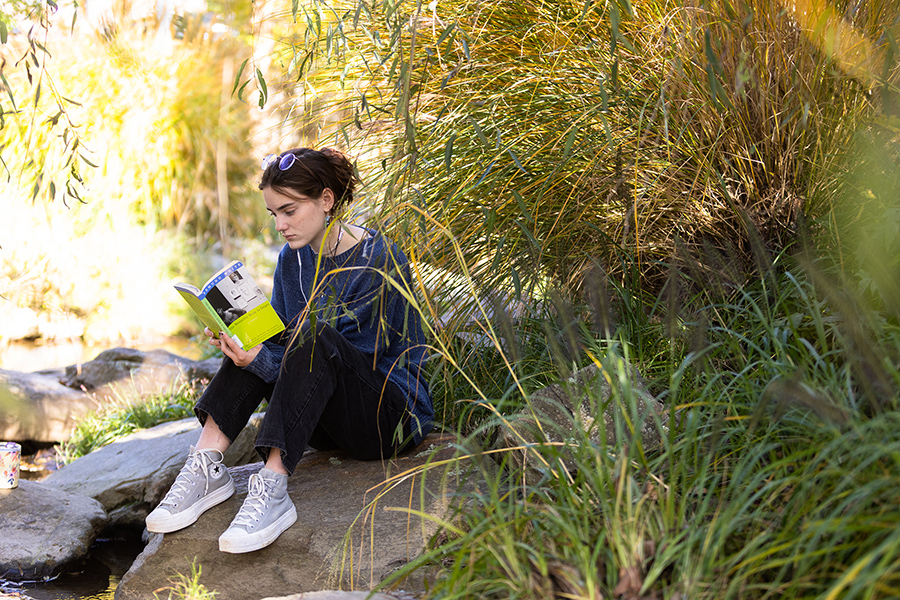






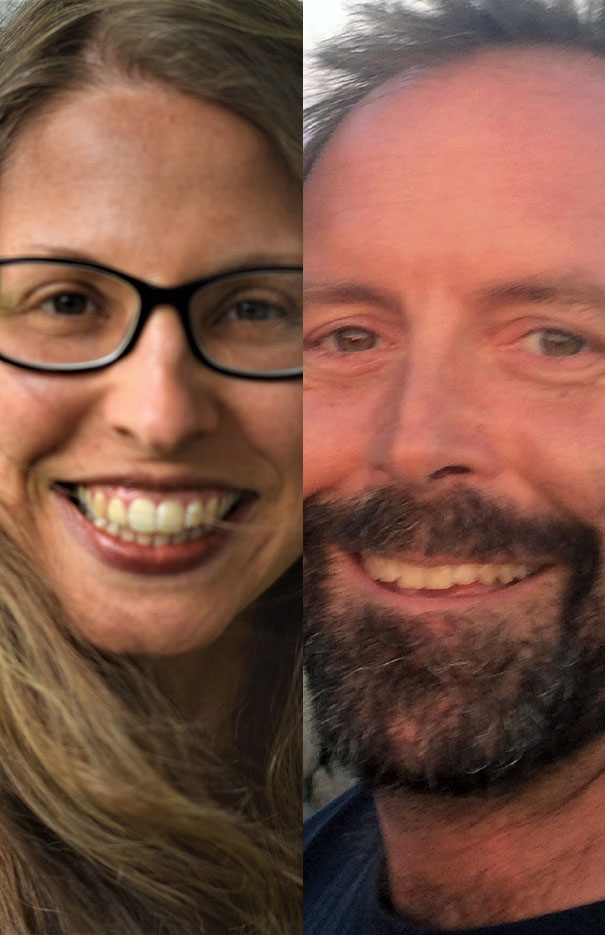
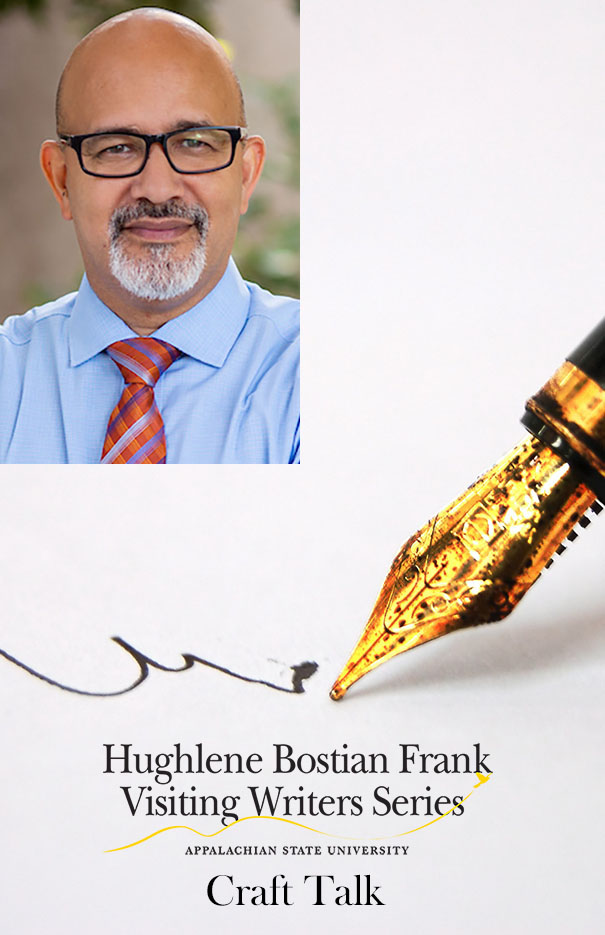




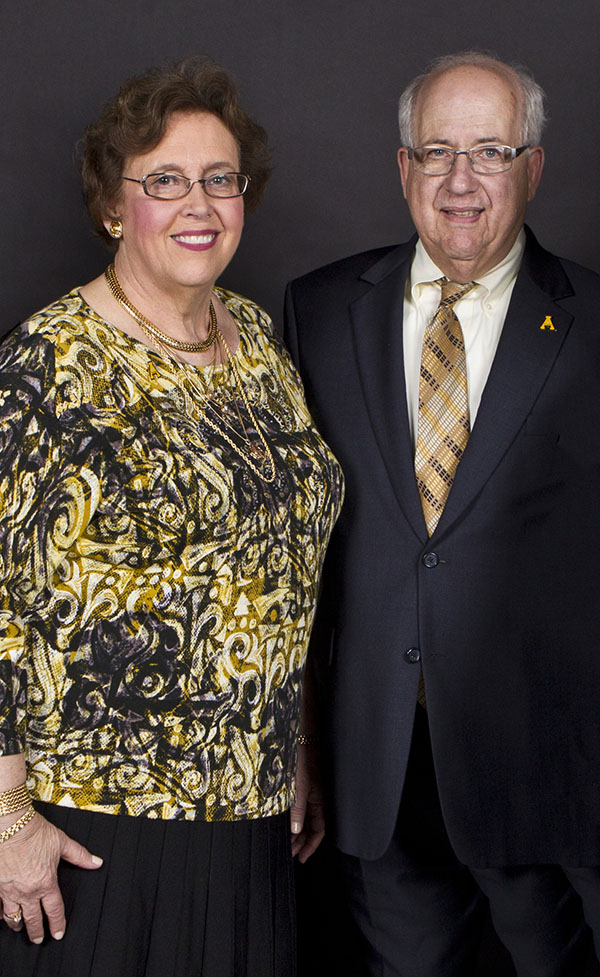
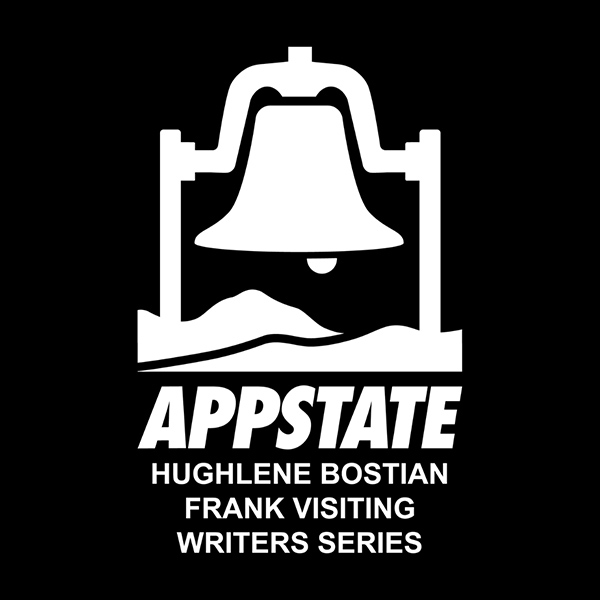



![How NCInnovation Is Rethinking Economic Development in North Carolina [faculty featured]](/_images/_posts/2026/02/rethinking-economic-development-600x400.jpg)







